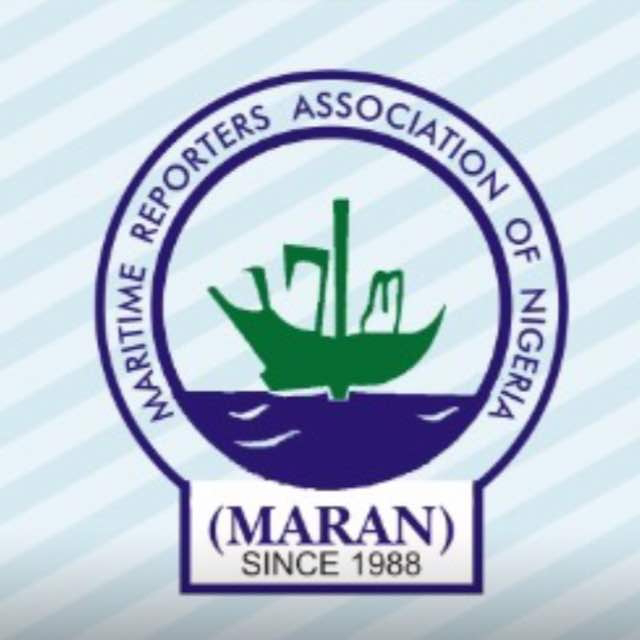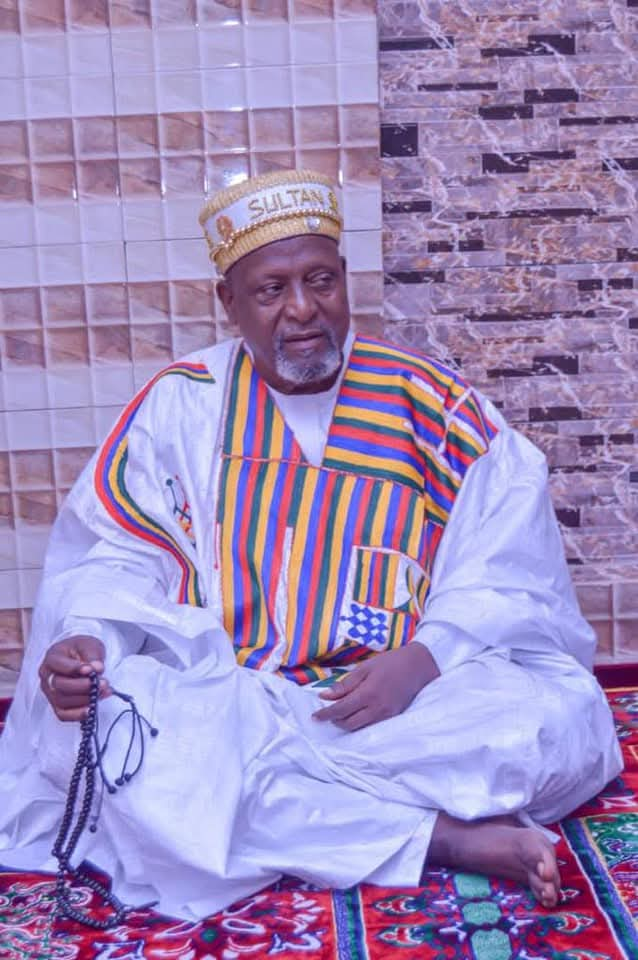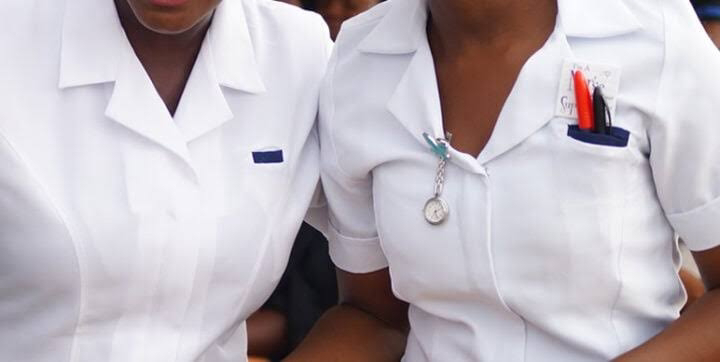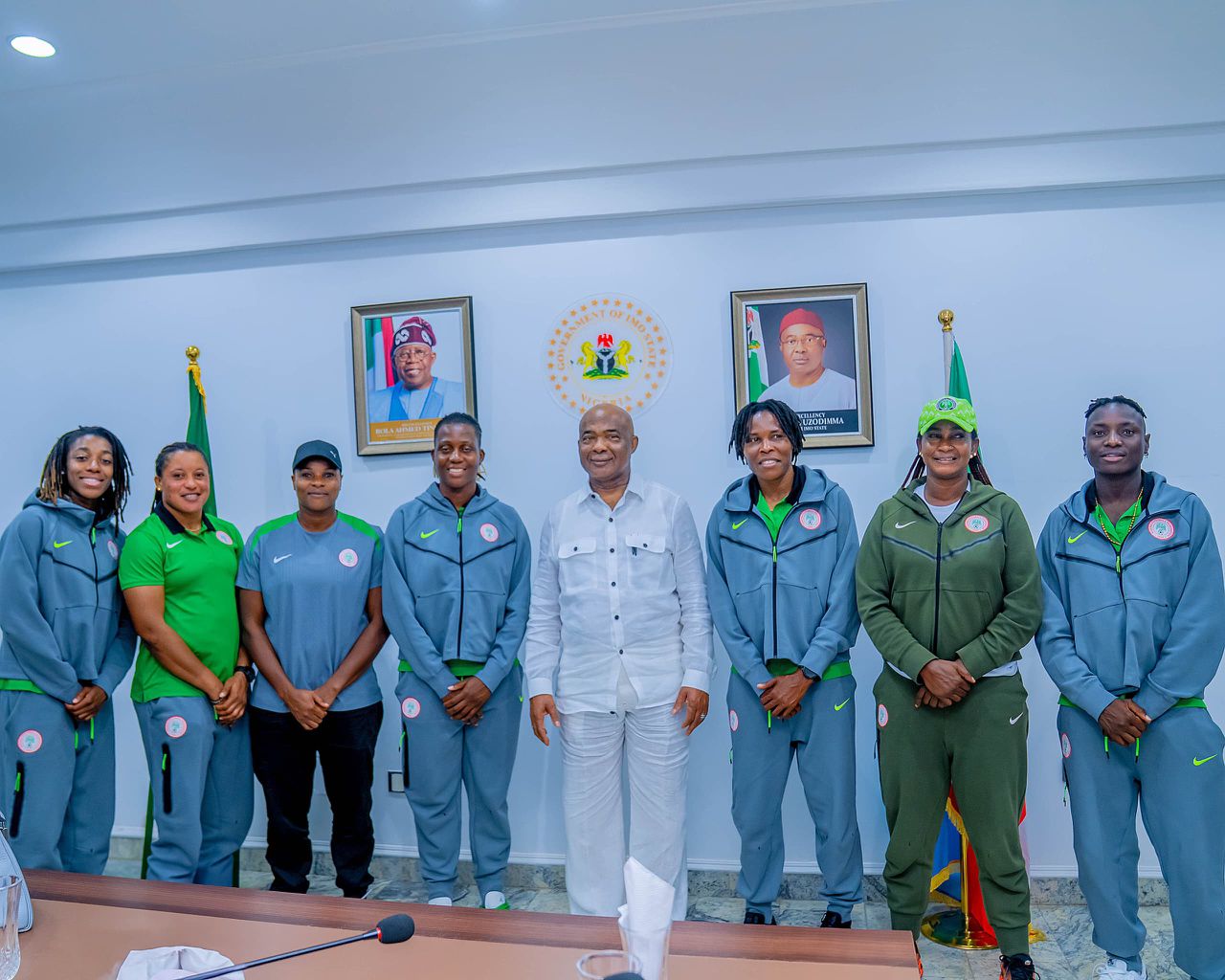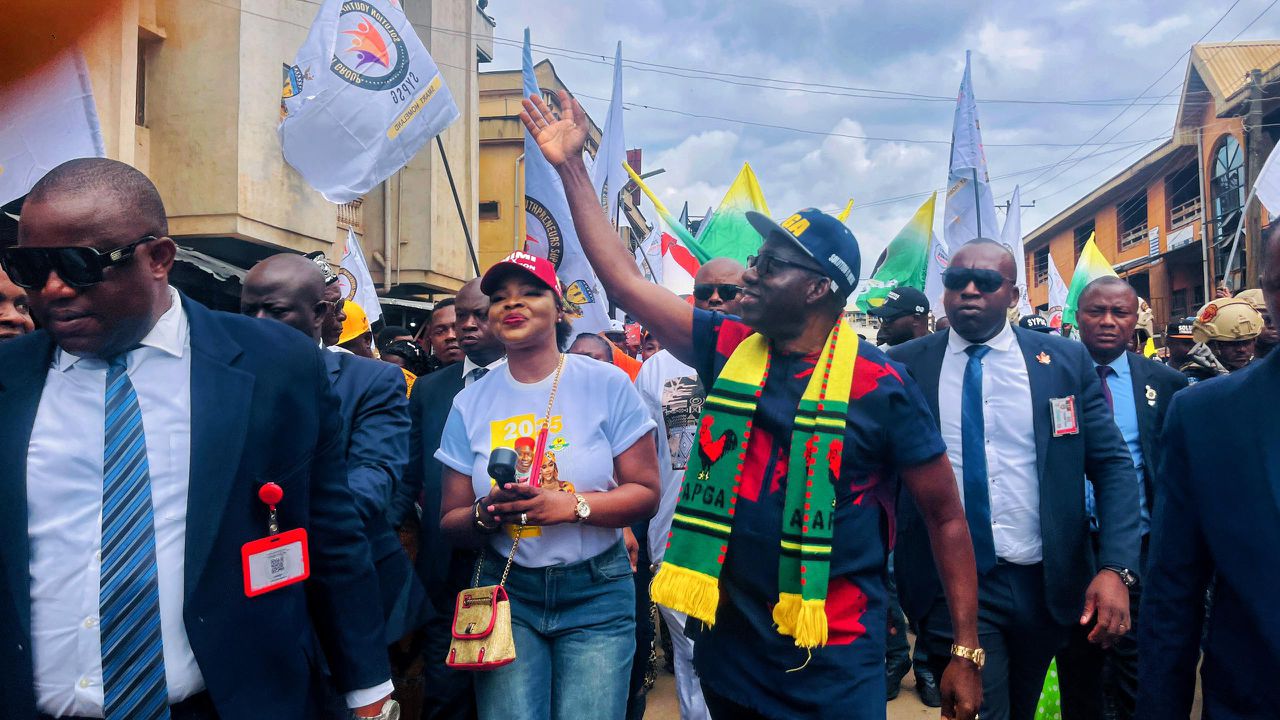The Maritime Reporters Association of Nigeria (MARAN) has raised fresh concerns over the continued imposition of War Risk Insurance Premiums on vessels heading to Nigerian ports, describing the charges as unjust, exploitative, and detrimental to the nation’s economy.
Ahead of its third annual Maritime Lecture (MAMAL 2025), scheduled for August 28, 2025, at Eko Hotel and Suites in Lagos, the association has called on the Federal Government and global shipping regulators to urgently address what it terms an “international economic fraud” against Nigeria.
This year’s lecture, themed “Addressing the Burden of War Risk Insurance on Nigerian Maritime Trade,” will focus on the lingering extra charges slapped on Nigerian-bound vessels by foreign shipping firms, despite a significant drop in maritime insecurity across the Gulf of Guinea.
Speaking ahead of the event, MARAN President, Mr. Godfrey Bivbere, condemned the war risk premiums as a deliberate tactic to overburden African economies, particularly Nigeria’s. He noted that while Nigeria has made remarkable progress in maritime security, foreign shipping companies have continued to demand exorbitant fees under outdated risk classifications.
MARAN’s investigations reveal that a Very Large Crude Carrier (VLCC) can be charged as much as $445,000 per voyage in war risk premiums, while modern container vessels may incur fees exceeding $525,000. In addition, some lines impose transit disruption surcharges or charge up to $50 per 20-foot container under the guise of war-related risks.
“These excessive charges are unjustifiable, especially when Nigeria has not recorded any pirate attacks in its waters for over three years,” Bivbere said.
This improved security, according to Marine and Blue Economy Minister, Adegboyega Oyetola, is largely due to the Deep Blue Project, a multi-billion naira initiative implemented by the Nigerian Maritime Administration and Safety Agency (NIMASA) to bolster safety on Nigeria’s waters and across the Gulf of Guinea.
Despite these advancements, foreign shipping lines have yet to adjust their risk assessments or eliminate the associated premiums. In March 2025, NIMASA Director General, Dr. Dayo Mobereola, met with a delegation from Denmark’s Ministry of Foreign Affairs, led by Kristin Skov-Spilling. During the meeting, he urged the international community to acknowledge Nigeria’s security gains and stop penalising vessels calling at Nigerian ports.
“Nigeria has shown genuine commitment to maritime safety,” Mobereola said. “Piracy and armed robbery have drastically reduced, yet our shipowners and traders are still paying premium rates for risks that no longer exist. This must end.”
Bivbere further criticised international shipping companies for what he described as their “complacent and indifferent” attitude towards Nigeria’s economic wellbeing, accusing them of prioritising profit over fairness.
He said MAMAL 2025 would provide a platform for stakeholders to re-evaluate the justification behind the continued classification of Nigerian waters as high-risk zones and the roles played by international regulatory bodies such as Lloyd’s of London.
The event is expected to draw over 500 participants, including diplomats, shipowners, maritime regulators, legal professionals, insurers, terminal operators, and security experts. Topics on the agenda will include the impact of war risk surcharges on trade, the evolving maritime security landscape, and the responsibilities of institutions such as NIMASA and the Nigerian Navy.


